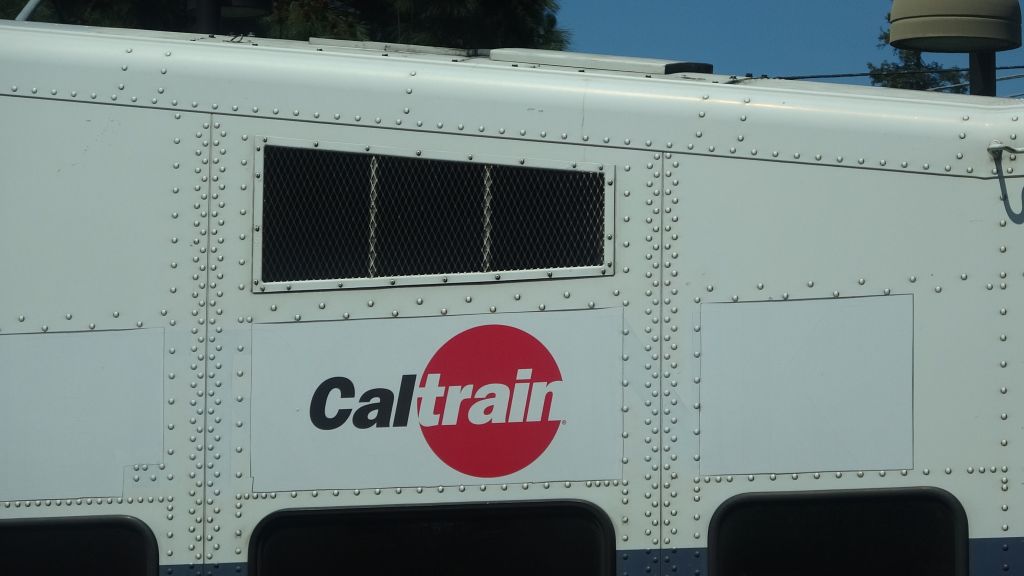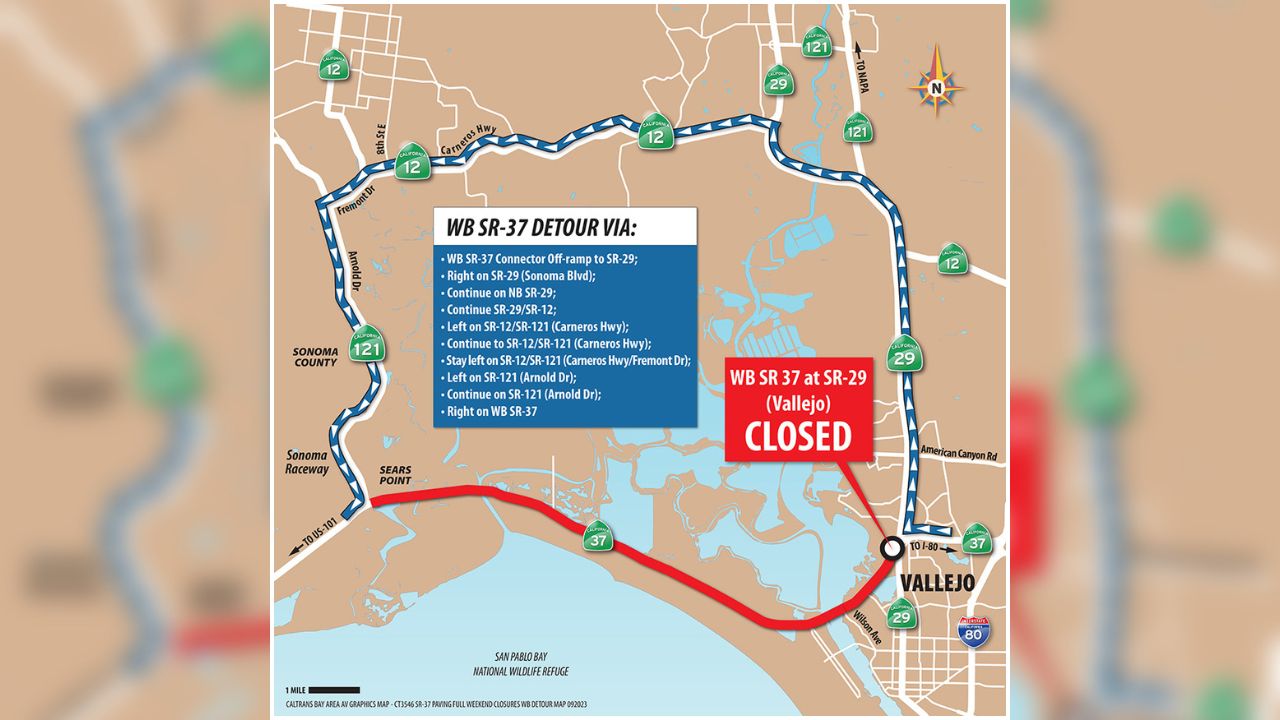In the wake of the fatal fire at the Oakland warehouse known as the "Ghost Ship," artists who live in the creative community now worry about the potential crackdown on a group of creators who are already struggling in one of the country’s most expensive housing markets.
Inspection records obtained by the Investigative Unit reveal complaints about a warehouse located at 1190 28th St. in Oakland known locally as “Deathtrap.”
Among the complaints dating back to 1992:
- A lack of smoke detectors
- Building use conversion without permit
- Alterations without required permits
As recently as Halloween, promoters posted details about a Halloween party at the space on Oct. 28.
A woman who answered the door declined to be interviewed but said the building houses a co-op of artists. She did not comment on reports the tenants had been told they would be evicted, only saying they were currently in talks with the building owner.
Local
At the Vulcan Lofts, a former steel foundry turned artist compound with industrial loft units housing dozens of artists, residents said they felt safer, noting the building owners began installing sprinklers about a year ago.
Dancer Drea Ives said she shared her unit with four to five roommates at a time, splitting the roughly $3,000 rent.
“Rent’s affordable, we make it work,” Ives said, noting it’s not an artists’ paradise without some troubles.
She said her car has been stolen and her roommates’ cars as well. But she added, “I love living here; don’t think I could live and do what I do anywhere else.”
But many in Oakland’s creative community say they don’t want a knee-jerk reaction from city leaders to crack down on these spaces.
"Everywhere I've been, I got pushed out of,” Bruce Bjerke said. The musician, artist, and owner of an electronics repair shop on the Oakland-Berkeley border said city officials always promise to support artists but seem to cave in to developers.
He fears people will be evicted under the guise of safety improvements, which may turn into development or changes in the spaces, further limiting the places artists can thrive and survive.
“Those buildings always get destroyed and no one returns,” Bjerke said.
Watch our investigative series on the Oakland warehouse fire:
- Oakland Venue Was Under Investigation Before Deadly Fire
- Family of Woman Who Owns Oakland Warehouse Sends Condolences
- Oakland Warehouse 'Looks Very Bad,' Stairwell Unsafe
- Oakland Artists Fear Fire Fallout Will Impact Their Lives
- Owner Knew of 'Hazardous Conditions' Around Warehouse
- Conflicting Laws Enable Artist Colonies in Warehouses
- Illegal Housing Conversions in Oakland Widespread
- Oakland Leaders Call for Probe Into Illegal Live-Work Spaces
- Legal Battle Brewing Over Who Is Accountable for Oakland Fire
- Oakland Paying Exec. $500/Hr to Run Public Relations After Warehouse Fire



